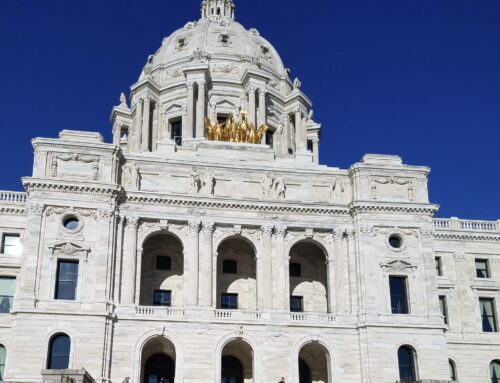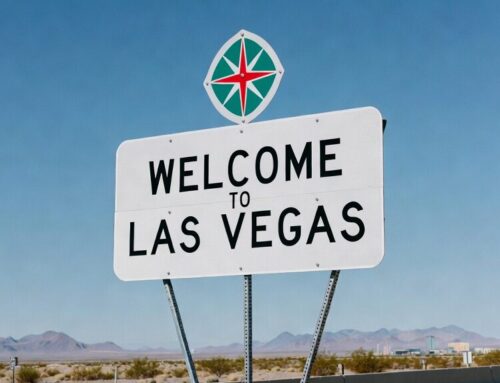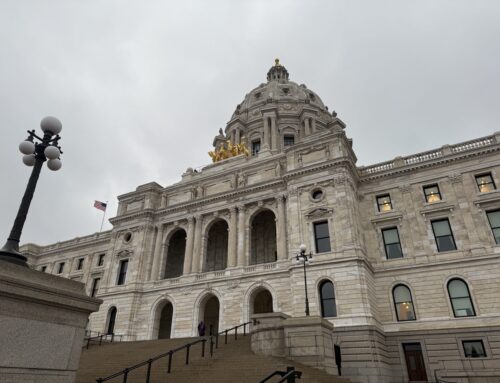July 12, 2025 | Mark Luis Foster
Board members of HOAs have lots of questions about managing their properties, and one of the questions that comes up often is related to reserve funding.
Reserve funds are required by the Minnesota Common Interest Ownership Act (MCIOA) for HOAs in Minnesota. This requirement is outlined under the MCIOA Chapter 515B, which mandates that associations maintain adequate reserve funds for the repair and replacement of common elements. Specifically, Section 515B.3-1141 of the MCIOA, which applies to associations’ fiscal years commencing on or after January 1, 2012, requires that associations prepare and maintain a budget that includes allocations for reserves. This ensures that funds are available for future capital expenditures and repairs, protecting the financial health of the association and the property it manages.
A recent report published by Realtor.com indicates that Minnesota is among the minority of states that require this provision. Those states are: Florida, Hawaii, Delaware, Maryland, Oregon, Nevada, Connecticut, Illinois, Massachusetts, Michigan, Minnesota, and Ohio.
What do we use reserve funds for? From Realtor.com:
Put simply, a cash reserve is a fund that an HOA is legally required to maintain in order to cover future maintenance, repairs, and emergency costs. “These reserves are based on projections of future needs and are meant to ensure the long-term upkeep and safety of the community,” says Raul Gastesi, attorney and partner at Partner & Gastesi Lopez Mestre & Cobiella in Miami. In contrast, a special assessment is an unplanned, additional charge levied on homeowners when unexpected issues arise that the reserves can’t cover. These typically occur when major repairs are needed—like roof replacements or structural fixes.
What about reserve studies?
These states require reserve funds—and some also mandate formal reserve studies that are used to assess funds and ensure they’re at optimal levels. Maryland and Oregon, for example, require reserve studies every five and three years, respectively. Also, Hawaii, like Florida, requires significant reserves for structural problems due to safety or housing pressures. It’s also important to note that a broader group of twelve states require formal reserve studies, including California, Colorado, Florida, Hawaii, Maryland, Nevada, Oregon, Tennessee, Utah, Virginia, Washington, and Delaware.
You can read the Realtor.com report on this issue HERE.





